Einführung
In recent years, the world has seen a shift towards sustainable energy sources as a means of combating climate change and reducing our dependence on fossil fuels. One such alternative is biomass boilers, which offer a clean, renewable and cost-effective way of generating heat and electricity. In diesem Artikel, we will explore the concept of biomass boilers and examine their advantages, disadvantages, und Anwendungen.
What is a Biomass Boiler?
EIN biomass boiler is a heating system that burns organic materials, wie zum Beispiel Holzpellets, chips or logs, to generate heat and hot water. This heat is then used to power central heating systems, Kessel, und hot water systems for homes, Unternehmen, and industrial facilities. The organic materials used as fuel for these boilers are considered renewable because they are grown and replenished at a rate that matches or exceeds the rate at which they are consumed.
Sichern Sie sich einen Online-Festpreis 20 Sekunden:
Advantages of Biomass Boilers
- Renewable Energy Source: It is a renewable energy source, which means their fuel supply is replenished naturally, unlike fossil fuels which are limited and rapidly depleted.
- Lower Carbon Emissions: Biomass boilers emit fewer greenhouse gases than traditional boilers and heating systems that run on fossil fuels. This makes them a more environmentally friendly option.
- Kosteneffizient: It can be cost-effective, especially when the cost of fuel is considered. The cost of Holzspäne, pellets, and logs is often lower than the cost of heating oil or Erdgas, making biomass boilers a more affordable option for many consumers.
- Versatility: Biomass boilers can be used for a variety of applications, including central heating, hot water systems, and power generation.
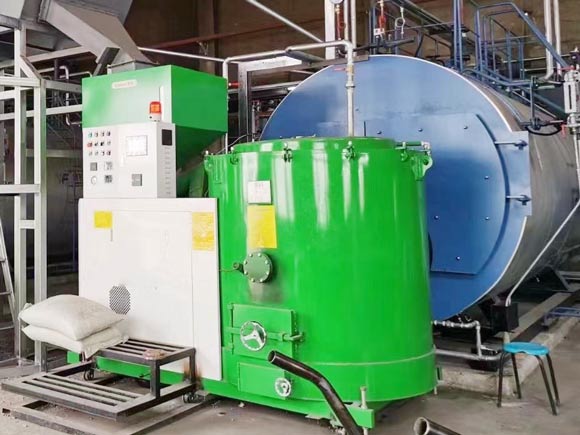
Disadvantages of Biomass Boilers
- High Initial Investment: Installing a biomass boiler can be expensive, with costs ranging from several thousand to tens of thousands of dollars. This makes them a less accessible option for some consumers.
- Wartung: Biomass boilers require regular maintenance to ensure that they run efficiently and safely. This can add to the overall cost of ownership and may require specialized skills to perform.
- Fuel Supply: Biomass boilers rely on a continuous supply of fuel, which can be difficult to obtain in some areas. Zusätzlich, the quality of the fuel can vary, which can impact the efficiency and performance of the boiler.
- Space Requirements: It are typically larger than traditional boilers and require a substantial amount of space for fuel storage.
Brauche einen neuen Kessel?
Applications of Biomass Boilers
- Residential: Can be used in homes for central heating and hot water systems. This provides a sustainable and cost-effective alternative to traditional heating systems.
- Commercial: Can be used in commercial buildings, such as office buildings, Hotels, and schools, to provide heating and hot water. They are also becoming increasingly popular in larger industrial facilities, such as factories and warehouses.
- Power Generation: Can also be used to generate electricity. This is achieved by burning the organic materials in a high-pressure steam generator, which produces steam that is then used to drive a turbine and generate electricity.
Types of Biomass Boilers:
Log Boilers: Log boilers are a traditional type of biomass heating boiler that use logs as the fuel source. They are ideal for homes with plenty of wood available for fuel and are often used in rural or remote areas.
Pellet Boilers: Pellet boilers are a popular type of biomass heating boiler that use wood pellets as the fuel source. They are automated, which makes them easier to use, and they are suitable for homes and businesses with a high demand for heat.
Chip Boilers: Chip boilers are a type of biomass heating boiler that use wood chips as the fuel source. They are often used in larger buildings and industrial applications, as they have a high heating capacity.
Holen Sie sich KOSTENLOSE Angebote für Heizkessel
Holen Sie sich noch heute KOSTENLOSE lokale Boiler-Angebote
Vergleichen Sie die besten Preise
Sparen Sie noch heute Geld bei Ihrem neuen Heizkessel!
How much does a biomass boiler cost?
The cost of a biomass boiler can vary widely, depending on several factors, such as the size of the system, the type of fuel being burned, and the specific brand and model. Allgemein, prices for a biomass boiler can range anywhere from $15,000 zu $50,000 oder mehr.
It’s important to keep in mind that the cost of a biomass boiler is just one part of the overall cost of a biomass heating system. You also need to consider the cost of fuel, Installation, Wartung, and operation. Zusätzlich, some states offer incentives and rebates to help offset the cost of installing a biomass heating system.
If you’re interested in a biomass boiler, it’s a good idea to get quotes from several different providers to get a sense of the overall cost and to compare different options. A professional heating contractor can help you evaluate your needs and determine the most cost-effective solution for your home or business.
Fazit
Abschließend, biomass boilers are a clean, renewable and cost-effective way of generating heat and electricity. They offer several advantages, including lower carbon emissions and a renewable energy source, while also being versatile and adaptable to a range of applications.

Auf der Suche nach Kesseln mit anspruchsvoller Fertigung, großartige Qualität?
Der Fangkuai-Kessel kann immer liefern, was Sie wollen.
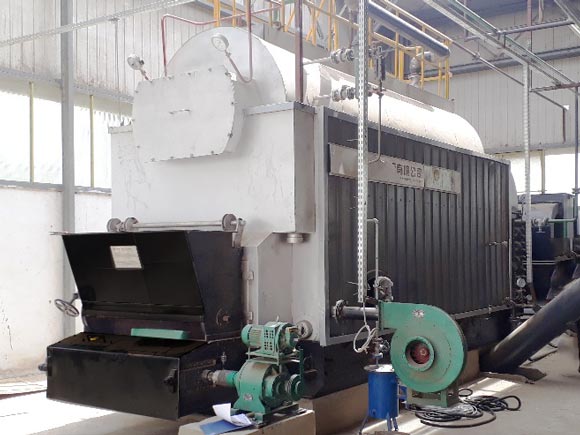
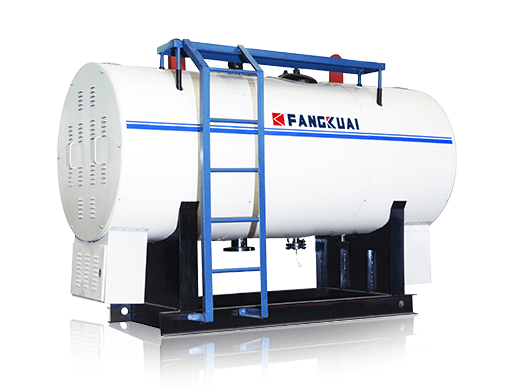 Elektrischer Warmwasserboiler
Elektrischer Warmwasserboiler 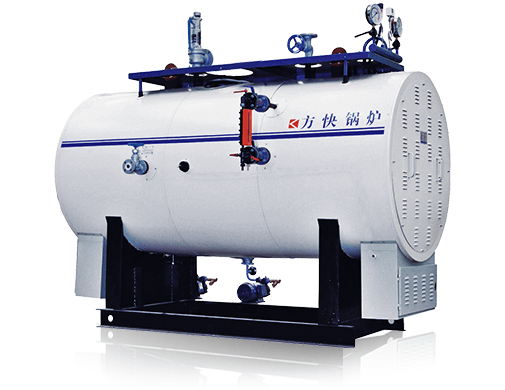 Elektrischer Dampfkessel
Elektrischer Dampfkessel 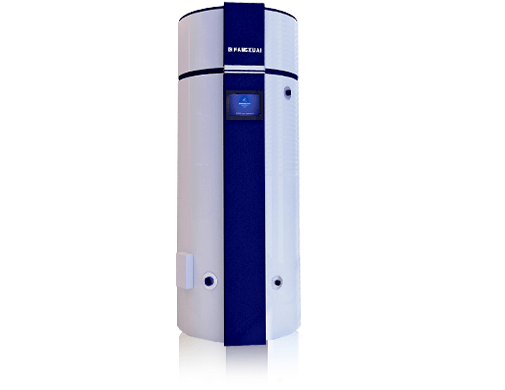 V6 gasbefeuerter Heißwasserboiler
V6 gasbefeuerter Heißwasserboiler 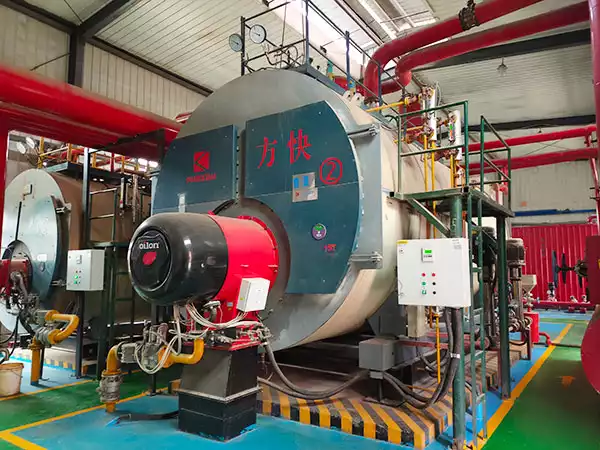 2023 Preisführer für Gaskessel | Vergleich der Kosten für Gaskessel zu Hause
2023 Preisführer für Gaskessel | Vergleich der Kosten für Gaskessel zu Hause 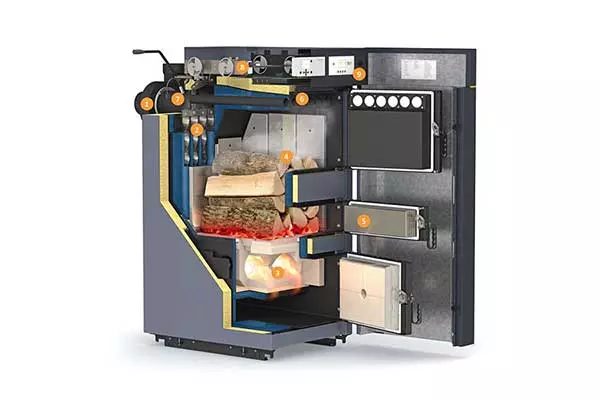 Die besten Holzvergaserkessel zum Verkauf | Einkaufsführer
Die besten Holzvergaserkessel zum Verkauf | Einkaufsführer 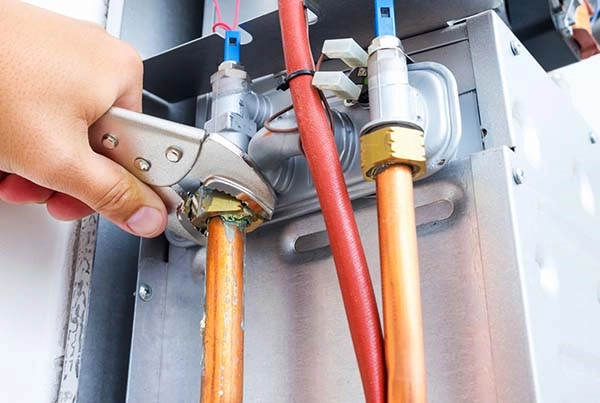 Preise für elektrische Kombikessel | 2023 Einkaufsführer
Preise für elektrische Kombikessel | 2023 Einkaufsführer 